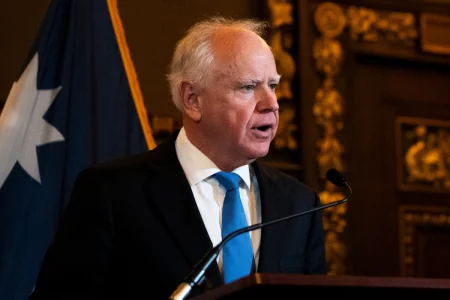The culmination of the 2024 NASCAR Cup Series season ignited a renewed debate surrounding the fairness and efficacy of the sport’s playoff format. Joey Logano’s championship victory, his third overall, sparked controversy as his regular season performance was considered average compared to other contenders. Drivers like Kyle Larson, Christopher Bell, and regular season champion Tyler Reddick showcased more consistent performance throughout the year, raising questions about whether the playoff system truly rewards the most deserving driver. This controversy underscores a long-standing tension within NASCAR between rewarding consistent performance throughout the season and prioritizing the excitement and unpredictability of a playoff format that emphasizes winning.
The current playoff structure, introduced in 2004 and tweaked several times since, has consistently faced criticism. Designed to heighten drama and create a more compelling championship chase, the system has arguably shifted the focus from overall season dominance to strategic performance within a condensed playoff window. This emphasis on winning in the playoffs allows drivers who may have had a less stellar regular season to surge to the forefront, potentially overshadowing those who demonstrated greater consistency over the full 36-race schedule. Logano’s 2024 victory crystallizes this debate, serving as a prime example of a driver capitalizing on the playoff format to secure the championship despite not having the strongest overall season performance. The historical data further supports this argument: in the 21 seasons since the playoff format’s inception, only eight champions also accumulated the most points throughout the entire season.
The disparity between regular season performance and playoff outcomes has drawn considerable attention from fans, media outlets, and broadcasters alike. Critics argue that the current system devalues the importance of consistent performance over the long haul, rewarding bursts of success within the playoffs over sustained excellence throughout the year. This structure arguably creates a scenario where a driver can have a relatively unremarkable regular season, then strategically peak during the playoffs and claim the championship. This raises the question of whether the title truly reflects the best driver over the entire season or simply the most adept at navigating the playoff system. This ongoing debate underscores the inherent tension between rewarding consistent performance and creating a dramatic, unpredictable championship chase.
In response to these concerns, NASCAR has acknowledged the need to re-evaluate the playoff format. Steve O’Donnell, NASCAR’s Chief Operating Officer, confirmed in an interview with the Sports Business Journal that the organization is actively reviewing the system and considering potential adjustments. O’Donnell emphasized the importance of a collaborative approach, highlighting the involvement of an industry working group comprising various stakeholders. This group will analyze the current format, exploring potential modifications to enhance its fairness and effectiveness. This commitment to collaborative review suggests that NASCAR is taking the concerns seriously and is genuinely considering ways to improve the system.
O’Donnell stressed that any changes made will be driven by the best interests of the sport and aimed at increasing fan engagement. This indicates that NASCAR is balancing the need for a fair and representative championship format with the desire to maintain the excitement and unpredictability that the playoffs bring. The ultimate goal is to strike a balance that rewards both consistent performance throughout the season and strong performances in the playoffs, creating a system that accurately reflects the best driver overall while still delivering a compelling narrative for fans. The challenge lies in finding modifications that address the concerns surrounding fairness without diminishing the drama and excitement that have become synonymous with the playoff format.
While acknowledging the ongoing review, O’Donnell stopped short of guaranteeing changes for the upcoming season. This cautious approach underscores the complexity of the issue and the need for a thorough evaluation before implementing any modifications. NASCAR is clearly aware of the delicate balance it must strike between maintaining the excitement of the playoffs and ensuring a system that rewards the most deserving driver over the entire season. The upcoming discussions and potential revisions will undoubtedly shape the future of the NASCAR Cup Series and its championship format, aiming to resolve the enduring tension between consistency and playoff performance.














